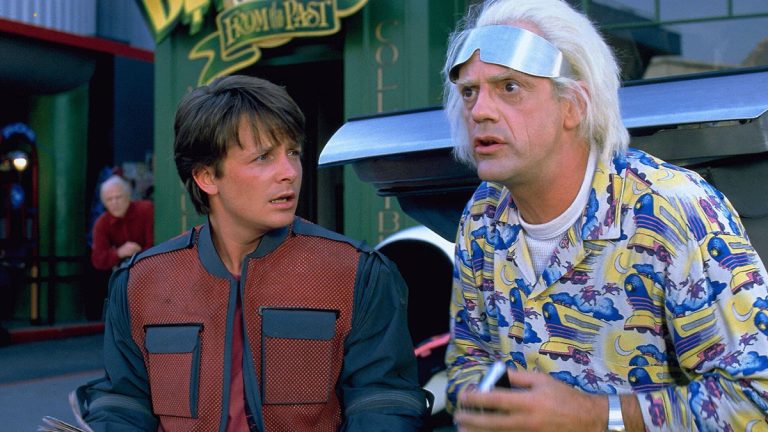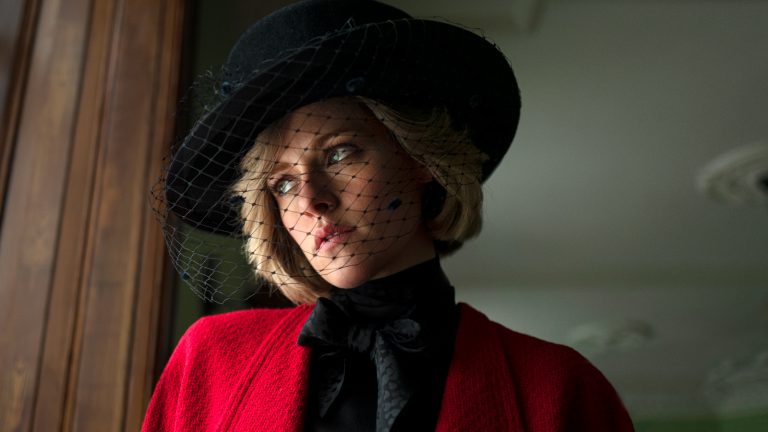Boxing is a sport that has been depicted onscreen more than any ever, as there is a formula to making an exciting, inspirational film that has survived for decades. Most boxing films aspire to feature some blend of the raw pathos of “Rocky” with the gritty viscerality of “Raging Bull,” and the most successful tend to find another angle to attack the rise-and-fall narrative from.
“Cinderella Man” examined boxing through the lens of economic struggle, “Million Dollar Baby” examined the question of morality, “The Hurricane” explored the dynamic between race and justice, and even a more recent example like “Southpaw” channeled the age-old theme of redemption. Christy (2025) is a feminist interpretation of the outsider narrative, as its subject has had to fight past countless barriers in order to prove that she belongs.
There’s barely a note in “Christy” that hasn’t been seen in other boxing films, as even complex figures from this true story are rendered into archetypes for the sake of making a commercial crowd-pleaser. That’s not to say that the real life of Christy Martin was not a remarkable one, but that “Christy” adheres to a formula that hasn’t evolved significantly for the past half-century.
There is a reason that these films share so much in common, as “Christy” does find its footing when it captures righteous indignation and powerful instances of perseverance. Although there’s a sloppy approach to much of the surrounding drama, “Christy” is held together by a transformative performance from Sydney Sweeney, in what is most certainly the best role of her career.
Christy Martin was raised in a small community in West Virginia, where she was a successful child athlete in both baseball and basketball. Although her aggression was seen as a hallmark of her raw talent, Martin faced stigmatization for being a lesbian, which attracted the judgmental cruelty of her mother, Joyce Salters (Merritt Weaver).

Martin may have begun boxing as a fluke after being recruited by a potential scout, but she soon became one of the most legitimately respected female boxers in the nation after being trained by her coach, James Martin (Ben Foster). Despite her continued success, Martin became so renowned that she struggled to find opponents willing to fight her and was otherwise paired off in increasingly violent competitions. Violence didn’t elude her when she stepped outside the ring, as she was forced into a marriage with James that quickly turned abusive.
Also Check: The Top 25 Best Sports Movies of All-Time
“Christy” begins with a strangely jovial, exciting speed run through Martin’s introduction and obsession with boxing, highlighting how unusual it felt for her to be celebrated for her talents. Although Sweeney may have created an off-screen persona of snarky, slightly sarcastic irreverence, her best performances tend to be those when she’s forced to be unabashedly sincere. If her work in the underseen HBO drama “Reality” showed the horror of being trapped within a real-time crisis, then “Christy” is an even more impressive instance of what the rigors of age look like.
The makeup work throughout the film is quite impressive, as it effectively sells the idea that Martin has evolved both physically and emotionally over the course of a fifteen-year career. Not only does it show the natural signs of aging, but the contortions that Martin went through in order to turn herself into a fighting machine. This can also be credited to Sweeney, who more than sells the burden placed upon Martin as she risks everything with each fight.
Where “Christy” falters is showing the gradual downfall that Martin faces after a few lost bouts and changes in boxing culture turn her once again into an underdog. “Christy” doesn’t have an interest in examining the radical ways in which televised sporting and promotions changed the perception of the sport, or in how a burgeoning feminist movement created a different environment for female sports.
The characters opposed to Christy don’t evolve in the slightest, and are painted in such broad strokes that it’s hard for the drama to seem legitimate. Foster’s performance is so lacking in any charisma or nuance that nothing about the relationship feels plausible. Weaver’s performance is pitched in a very odd tone that seems like it’s taken from an entirely different film.

Must Check Out: 10 Best Pro-Wrestling Movies, Ranked
“Christy” seems to only hint at the more intense psychological abuse that Martin suffered, and only brushes past the surface of the larger environment of sexism and homophobia that she faced. The instances of bigotry are so isolated to key characters that it almost seems coincidental that Martin keeps running into the worst people imaginable.
David Michod is a talented Australian filmmaker who has shown with films like “The Rover” and “The King” that he can create tactile, visceral environments. Even if “Christy” visually resembles the era in which it is set, none of the set pieces feel particularly lived in. It’s a severe drop in quality when compared to his directorial debut, “Animal Kingdom,” which was able to explore the complex intersectionality of a tormented family dynamic.
“Christy” is at its strongest during the fight scenes themselves, which effectively show the rigors of a prolonged competition whilst highlighting the most important moments of a given match. That being said, the running time is a robust 135 minutes, which is far too long for a film that goes in such a predictable direction. That expansive length may have been forgivable had “Christy” had the time to develop Martin’s female lovers with more detail, but her eventual partner, Lisa Holewyne (Katy O’Brien), and high school sweetheart Rosy (Jess Gabor) are underdeveloped, despite the terrific chemistry that both actresses have with Sweeney.
“Christy” may have been pitched as a familiar take on a classic story, but the specificities of Martin’s life make it hard not to consider what a more dynamic, focused version of the film could be. Although the narrative fumbles and a weak supporting cast make aspects very unsatisfying, “Christy” rightfully stakes itself in Sweeney’s charisma, which is enough to earn it a solid recommendation. “Christy” is compelling, exciting, and at times very moving, but it often hints at what a better version of itself may have been.








